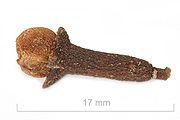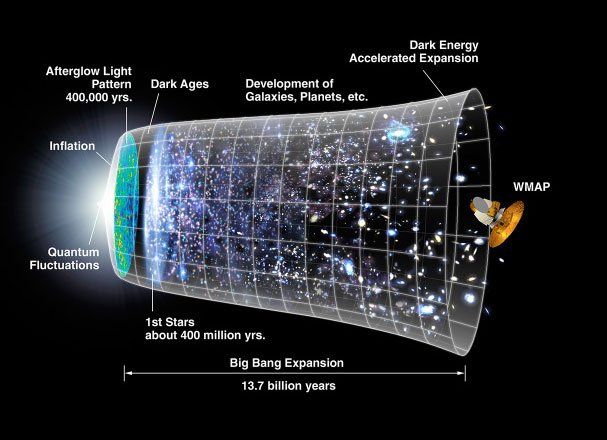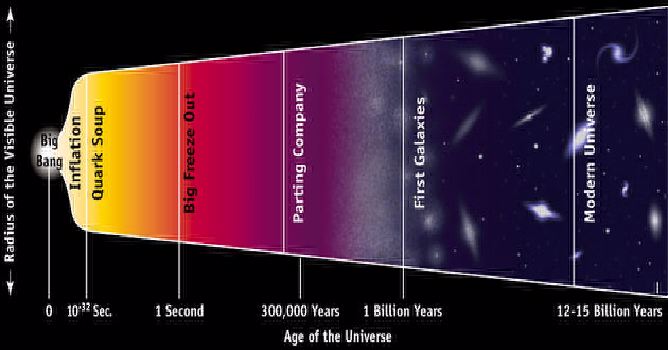Scientists' Comments On The Qur'an
Keith L. Moore
Professor Emeritus, Department of Anatomy and Cell Biology, University of Toronto. Distinguished embryologist and the author of several medical textbooks, including Clinically Oriented Anatomy (3rd Edition) and The Developing Human (5th Edition, with T.V.N. Persaud).
At a conference in Cairo he presented a research paper and stated:
"It has been a great pleasure for me to help clarify statements in the Qur'an about human development. It is clear to me that these statements must have come to Muhammad from God, or Allah, because most of this knowledge was not discovered until many centuries later. This proves to me that Muhammad must have been a messenger of God, or Allah.
E. Marshall Johnson
Professor and Chairman of the Department of Anatomy and Developmental Biology, and Director of the Daniel Baugh Institute, Thomas Jefferson University, Philadelphia, Pennsylvania, USA.
I see no evidence to refute the concept that this individual Muhammad had to be developing this information from some place... so I see nothing here in conflict with the concept that divine intervention was involved in what he was able to write
T.V.N. Persaud
Professor of Anatomy, and Professor of Paediatrics and Child Health, University of Manitoba, Winnipeg, Manitoba, Canada.
I personally can't see how this could be mere chance, there are too many accuracies and like Dr. Moore, I have no difficulty in my mind reconciling that this is a divine inspiration or revelation which lead him to these statements.
Joe Leigh Simpson
Professor and Chairman of the Department of Obstetrics and Gynaecology, Baylor College of Medicine, Houston, Texas, USA.
"... these Hadiths (sayings of Muhammad) could not have been obtained on the basis of the scientific knowledge that was available at the time of the 'writer'... It follows that not only is there no conflict between genetics and religion (Islam) but in fact religion (Islam) may guide science by adding revelation to some of the traditional scientific approaches... There exist statements in the Qur'an shown centuries later to be valid which support knowledge in the Qur'an having been derived from God."
Gerald C. Goeringer
Professor and Co-ordinator of Medical Embryology in the Department of Cell Biology, School of Medicine, Georgetown University, Washington DC, USA
"...In a relatively few ayahs (Qur'anic verses) is contained a rather comprehensive description of human development from the time of commingling of the gametes through organogenesis. No such distinct and complete record of human development such as classification, terminology, and description existed previously. In most, if not all instances, this description antedates by many centuries the recording of the various stages of human embryonic and fetal development recorded in the traditional scientific literature."
Alfred KronerProfessor Kroner is one of the world's most famous geologists, becoming well known among his colleague scientists for his criticisms against the theories of some of the major scientists in his field. Sheikh cAbdul-Majeed A. Zindani met with him and presented several Qur'anic verses and Hadith which he studied and commented upon.
"Somebody who did not know something about nuclear physics 1400 years ago could not, I think, be in a position to find out from his own mind for instance that the earth and the heavens had the same origin, or many others of the questions that we have discussed here...
If you combine all these and you combine all these statements that are being made in the Qur'an in terms that relate to the earth and the formation of the earth and science in general, you can basically say that statements made there in many ways are true, they can now be confirmed by scientific methods, and in a way, you can say that the Qur'an is a simple science text book for the simple man. And that many of the statements made in there at that time could not be proven, but that modern scientific methods are now in a position to prove what Muhammad said 1400 years ago.
Yushidi Kusan
Director of the Tokyo Observatory, Tokyo, Japan.
"I say, I am very much impressed by finding true astronomical facts in Qur'an, and for us modern astronomers have been studying very small piece of the universe. We have concentrated our efforts for understanding of very small part. Because by using telescopes, we can see only very few parts of the sky without thinking about the whole universe. So by reading Qur'an and by answering to the questions, I think I can find my future way for investigation of the universe."
Professor Armstrong
Professor Armstrong works for NASA and is also Professor of Astronomy, University of Kansas, Lawrence, Kansas, USA.
"That is a difficult question which I have been thinking about since our discussion here. I am impressed at how remarkably some of the ancient writings seem to correspond to modern and recent Astronomy. I am not a sufficient scholar of human history to project myself completely and reliably into the circumstances that 1400 years ago would have prevailed.
Certainly, I would like to leave it at that, that what we have seen is remarkable, it may or may not admit of scientific explanation, there may well have to be something beyond what we understand as ordinary human experience to account for the writings that we have seen."
William Hay
Professor of Oceanogprahy, University of Colorado, Boulder, Colorado, USA.
"I find it very interesting that this sort of information is in the ancient scriptures of the Holy Qur'an, and I have no way of knowing where they would have come from. But I think it is extremely interesting that they are there and this work is going on to discover it, the meaning of some of the passages."
And when he was asked about the source of the Qur'an, he replied, "Well, I would think it must be the divine being."
Professor Siaveda
Professor of Marine Geology, Japan.
"I think it seems to me very, very mysterious, almost unbelievable. I really think if what you have said is true, the book is really a very remarkable book, I agree.
Tejatat Tejasen
Chairman of the Department of Anatomy and is the former Dean of the faculty of Medicine, University of Chiang Mai, Chiang Mai, Thailand.
"In the last three years, I became interested in the Qur'an... From my studies and what I have learned throughout this conference, I believe that everything that has been recorded in the Qur'an fourteen hundred years ago must be the truth, that can be proved by the scientific means.
Dr. Maurice Bucaille
Born in 1920, former chief of the Surgical Clinic, University of Paris, has for a long time deeply interested in the correspondences between the teachings of the Holy Scriptures and modern secular knowledge.
How could he then pronounce truths of a scientific nature that no other human-being could possibly have developed at that time, and all this without once making the slightest error in his pronouncement on the subject?




